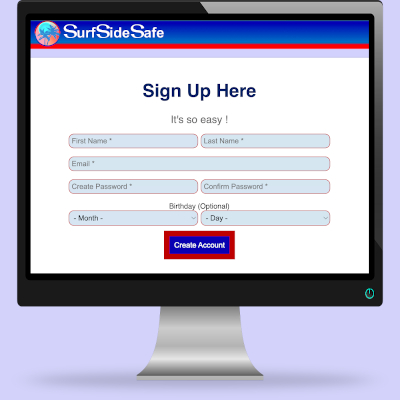How Long Should a Resume Be? |
 Business
Business

In a previous article, we showed you how to write a resume that can land you that special job. Since then, we received a few emails, asking:
"How long should a resume be?".
This article will answer this question.
Also, the previous article focused more on semantics, and writing. This article goes into more detail with the content, and shows you what you need to have in your resume to make it the best it can possibly be.
So, how long should a resume be? The answer is - it depends. There is no one-size-fits-all answer to this question, as resume length can vary based on your experience, industry, and the job you're applying for. However, as a general rule of thumb, it is recommended to keep your resume between one to two pages.
A one-page resume is ideal for entry-level job seekers or those with less than 10 years of experience. This concise format allows you to highlight your most relevant skills and experiences without overwhelming the reader with excessive information. It allows hiring managers to quickly scan through your qualifications and decide if you are a potential fit for the role.
A two-page resume is suitable for professionals with extensive experience, such as senior-level executives or individuals with over 10 years of relevant work history. It provides you with more space to showcase your accomplishments, skills, and responsibilities in detail. However, it's important to remember that quality matters more than quantity, so be selective in the information you include.
Now that you know the ideal resume length, let's dive into some expert tips to help you craft a compelling resume that stands out from the competition:
Every job is unique, and so should be your resume. Take the time to customize your resume based on the specific job requirements. Highlight the skills, experiences, and achievements that are most relevant to the position you're applying for. This shows the hiring manager that you've done your research and are genuinely interested in the role.
Remember, hiring managers often have limited time to review each resume. Keep your descriptions concise and to the point. Use bullet points to highlight key achievements and responsibilities. This will make it easier for the reader to quickly skim through and grasp the essential details.
Rather than simply listing your job responsibilities, focus on your accomplishments. Highlight the impact you made in previous roles, such as increasing sales, streamlining processes, or leading successful projects. Quantify your achievements with numbers or percentages whenever possible, as this adds credibility to your claims.
Sprinkle your resume with powerful action verbs to make your accomplishments more compelling. Words like "achieved," "implemented," "managed," and "led" convey a sense of proactiveness and showcase your ability to take initiative. Avoid using generic verbs like "responsible for" or "assisted with," as they don't make much of an impact.
When deciding what to include in your resume, prioritize the most relevant information. Start with a summary or objective statement that highlights your key qualifications and career goals. Follow it up with your work experience, focusing on the roles and responsibilities that align with the job you're applying for. If you have limited experience, consider including relevant coursework, internships, or volunteer work to showcase your skills and dedication.
In conclusion, the ideal length of a resume depends on various factors. A one-page resume is suitable for entry-level candidates, while a two-page resume is more appropriate for professionals with extensive experience. However, regardless of the length, focus on crafting a compelling resume that effectively showcases your qualifications and accomplishments. Tailor your resume to each job, keep it concise, emphasize your achievements, use action verbs, and prioritize relevant information. By following these expert tips, you'll increase your chances of landing interviews and ultimately securing your dream job.
I hope this article helps you land the job you are looking for. After all, that's the end result you're hoping for. Your resume is just a stepping stone to the big event of getting that dream job.
Thank you for visiting us. Please visit us again. You are always welcome.
AND:
Remember! At SurfSideSafe, we are here to make your life much better.
Join SurfSideSafeCreating an account with SurfSideSafe is very easy.In a few minutes, you will have the best Social Media experience you have ever had in your life.  |

A calmer, safer, easier place to connect

Creating an account with SurfSideSafe is very easy.
In a few minutes, you will have the best Social Media experience you have ever had in your life.
